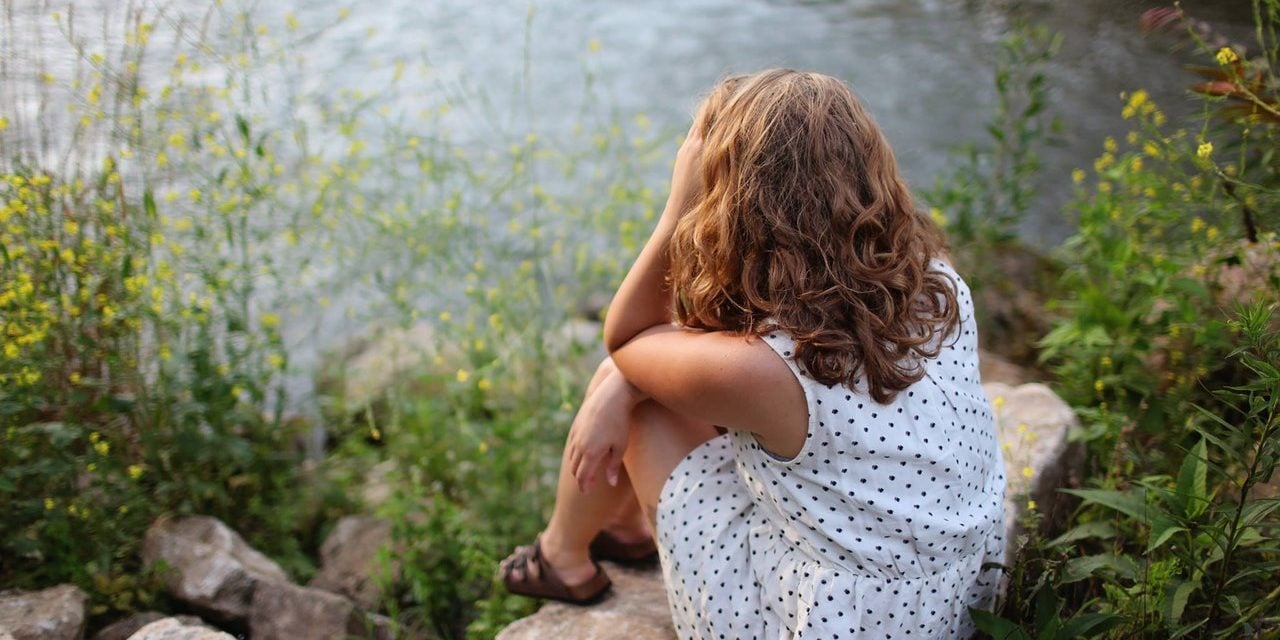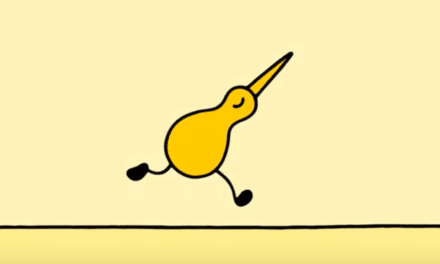Inside: How to help a teenager with anxiety. 15 practical and proven strategies recommended by psychologists
It’s sad to acknowledge that anxiety is the defining illness of our era. It speaks to our lifestyles, our social and economic climate and arguably our lack of enough real connection. It is sadder still to recognise that this illness is now affecting 7% of children aged four to seventeen.
When we picture a young person with anxiety, we often think of a withdrawn, quiet soul who avoids making decisions and eye contact. However, the reality is these kids can present with any number of behaviours, including temper tantrums, aggression or repetitive behaviours. What they all have in common is the feeling of being completely overwhelmed. It is an uncomfortable, distressing condition whichever form it takes.
In Its Simplest Form
We all experience anxiety in its most simple form. It is our brain keeping our body safe by getting us ready to fight, fly or hide. It is an evolutionary adaptation, designed to keep us safe from sabre-tooth tigers and other nasties that roamed the Earth in our most formative years as a species.
That simple form of anxiety is fleeting and disappears when the sabre-tooth tiger or final exam, or whatever the threat may be, disappears. More problematic anxiety is ongoing, unmanageable and there is no discernible trigger. That’s the sort of anxiety we want our kids to avoid.
Contributing Factors
There are lots of factors that may contribute to one person developing anxiety but not another. These include:
- Genetic predisposition
- Traumatic life experiences
- Ongoing life stresses, for example, a family breakdown
- Chronic health issues
- Personality traits.
Beyond Blue cites research that shows, “Children who are perfectionists, easily flustered, timid, inhibited, lack self-esteem or want to control everything, sometimes develop anxiety during childhood, adolescence or as adults.” The emphasis here is on sometimes. Just because a young person is a perfectionist, it does not follow that they will have anxiety.
So, how do we help our kids to manage their everyday worries so that we can minimise the risks of those feelings escalating and becoming more problematic?
Early Intervention
Ms Amanda Scott is a School Psychologist at Wesley College. She says that teaching children to effectively manage their feelings of anxiety and worry is very important.
“We need to step in as the compassionate and calm adult to help children manage those big feelings when they are struggling to effectively manage them on their own”.
Ms Amanda Scott
“As kids become teens we sometimes have expectations that they should be able to manage their emotions better, but when they’re feeling overwhelmed that’s difficult. They are still learning. Adults shouldn’t jump in and solve problems, but they can guide them.”
Helping Kids to Manage Everyday Worry and Anxiety
Ms Scott suggests these strategies in helping teens to manage their everyday worry and anxiety:
- Acknowledge the feeling. It is important that worry is not dismissed or their experience minimised. Don’t say, “Don’t worry”, it has never worked…ever!
- Help your child separate the rational from the irrational. In a reassuring manner, question the likelihood of the frightening source of their concern coming to fruition.
- Help your teen determine whether the feeling belongs to them or to someone else. Often kids take on worry and stress for their parents or their friends.
- Modelling is a very powerful way of helping adolescents deal with their big feelings. If we can talk through our own feelings, we can help kids see the process of self-regulation. That said, adults need to solve adult problems and not share them with their kids.
- A powerful approach for some kids is to boss their worry back. If they can be shown that their worry is bossing them around, they can be empowered to fight back and tell their worry, “Back off. I’m in charge here”.
- Avoid giving a teen who is overwhelmed, too many choices. Our job as adults is to assess what a child needs and when. Obviously, when a child is in the hold of big feelings they need less stimulation and challenge.
- As adults, we need to be fair and predictable. When kids know what the family’s and school’s boundaries are, they feel more secure. A lot of decision making and guesswork is removed.

- Ask, “Are we scheduling our kids too much? Are they too busy?” Kids respond well to ‘down time’. They need to know what calm feels like, so they can find their way back there.
- Help kids figure out what is their calm, happy space. It might be swimming, or drawing or reading or whatever. It doesn’t matter as long as they recognise it and use it to self-soothe when they are anxious.
- Consider your family talk. Is it positive? This doesn’t mean positive like one of those Nike motivational posters. It means, generally the world is a good place with a lot of good people. Teenagers learn strategies to cope with feelings by observing the adults around them. Let it be positive.
- Every night try to have dinner, as a family. This routine creates a space in the day for connection. It’s a space in the day where everybody is seen and heard. It creates a sense of belonging which is very powerful.
- Be mindful of your teenager’s sleep, diet and exercise. Sleep is particularly important. A well-rested child is more able to deal with the inevitable ups and downs of life.
- Parents and teachers need to look after their own well-being if they are to help adolescents. If you are struggling to manage your own feelings of stress or worry it is difficult to be available to guide a child through their big feelings.
- Sometimes, your child might need a completely fresh perspective. Enlist the help of sparents, those loving adults outside of the home who are invested in your kids. It might be an aunt or uncle, a friend, a neighbour or a cool older cousin. You don’t have to do everything alone.
- Ultimately, your love, connection and support are what empowers your child. That is something that is built over a lifetime. It is the eye-contact that is held a little longer than normal, touching in passing and stopping what you’re doing to sit and listen to an exciting piece of news. Even if those little things have been overlooked in the busyness of life, it is never too late to start again.
If you are concerned about your child, there is no exact time to seek assistance. When you think emotions are unmanageable, act. Your GP is the person best placed to help you access the resources and specialists who can help. This article may also be helpful: Anxiety in Children and Resources That Will Help.
Visit Linda Stade’s Facebook page here








